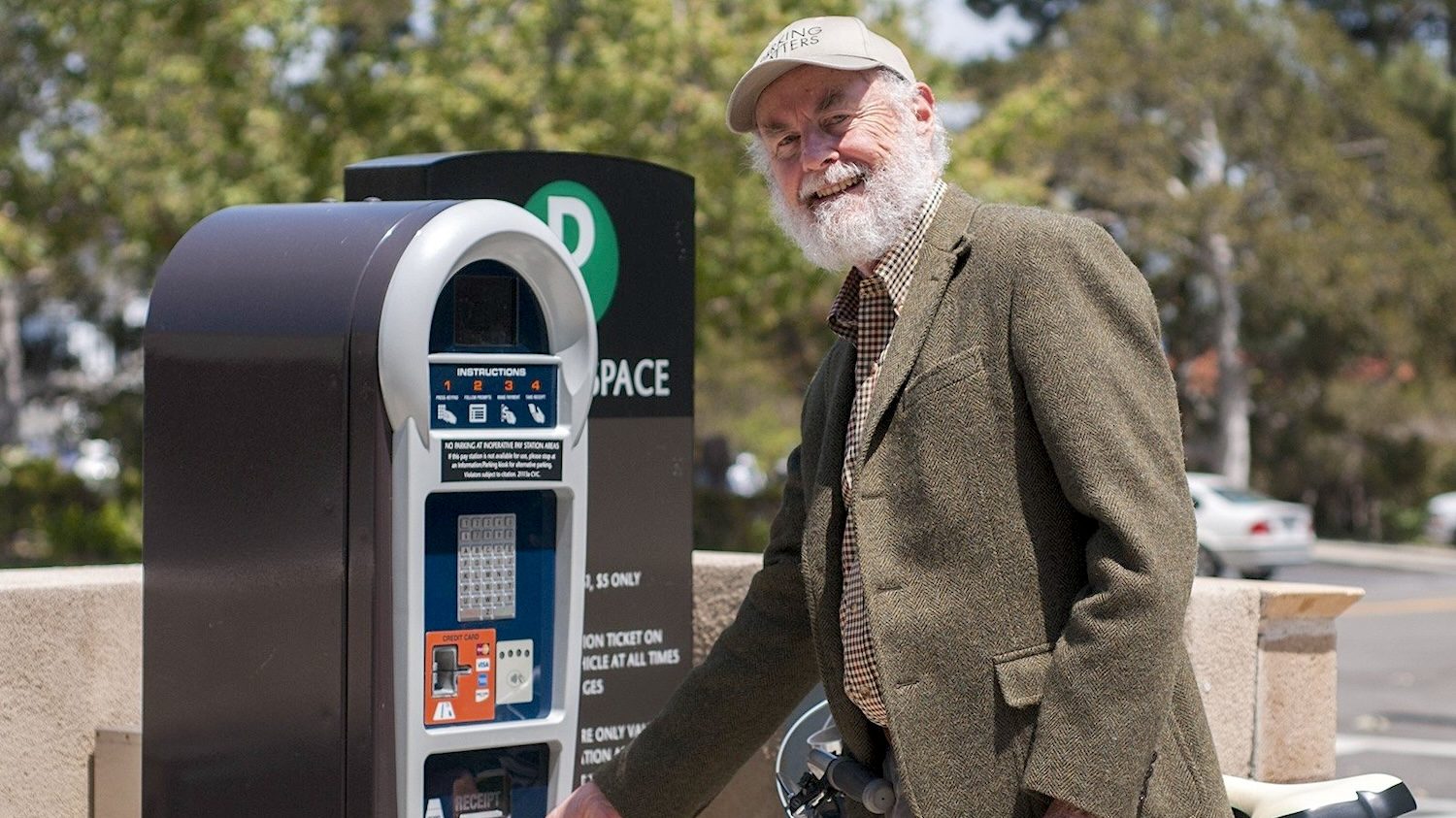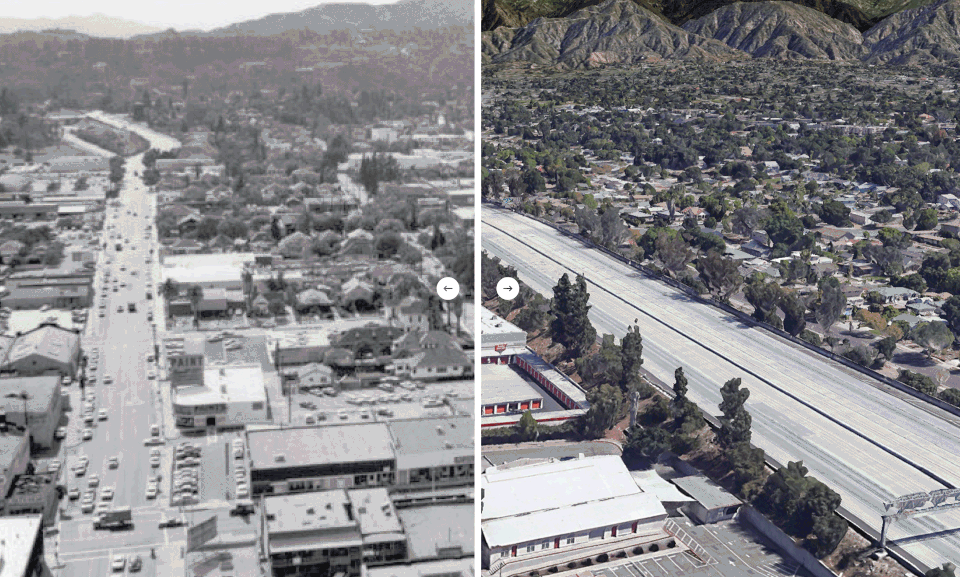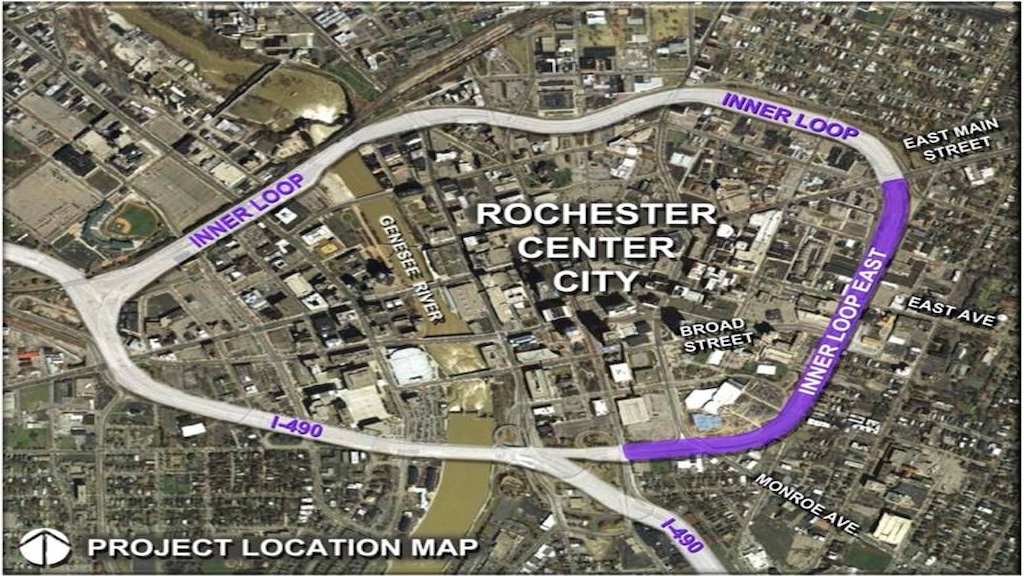PSR Research: Silicon Valley sacrifices productivity for more parking

Could productivity be even higher in low-density, high-performing regions? In “The Opportunity Cost of Parking Requirements: Would Silicon Valley Be Richer if its Parking Requirements were Lower?”, Michael Manville and Taner Osman of UCLA, and CJ Gabbe of Santa Clara University, examined the impact of parking minimums on housing and jobs in Silicon Valley. Defining productivity as GDP per capita, the authors focused on Silicon Valley, one of the few highly productive regions with low density in the U.S. They examined why the region’s density is low, and whether increasing density could increase its productivity.
Looking across seven Silicon Valley municipalities, the study found that the median share of a parcel allocated to parking was 52%. Critically, the researchers found that reducing minimum parking requirements by half would have produced an extra 11 million square feet of land, which could have provided over 6,700 multifamily housing units and 12,800 jobs. This job count corresponds to 37% of Silicon Valley’s actual job growth rate between 2000 and 2016, suggesting that parking removes land that would otherwise be used for economic growth.
Through this research, the authors hope that municipal leaders will recognize the need to reform zoning codes and reduce excessive parking requirements.
This research was supported by the Pacific Southwest Region University Transportation Center, the Region 9 University Transportation Center funded under the U.S. Department of Transportation’s University Transportation Centers Program. Established in 2016, the PSR is led by the University of Southern California and includes seven partners: Long Beach State University; UC Davis; UC Irvine; UCLA; University of Hawaii; Northern Arizona University; Pima Community College.
PSR conducts an integrated, multidisciplinary program of research, education and technology transfer aimed at improving the mobility of people and goods throughout the region. Its program is organized around four themes: 1) technology to address transportation problems and improve mobility; 2) improving mobility for vulnerable populations; 3) improving resilience and protecting the environment; and 4) managing mobility in high growth areas.



